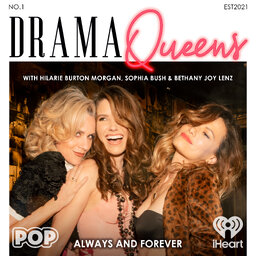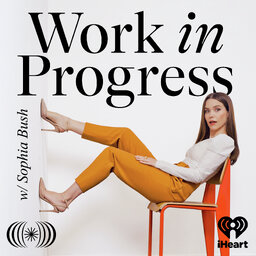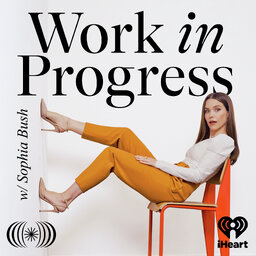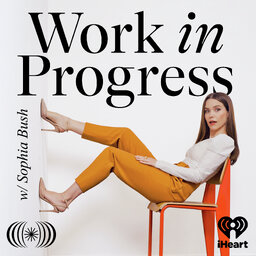Work in Progress: Jason George
Onscreen, he's known for saving lives as Ben Warren on Station 19 and Grey's Anatomy. Offscreen, he's making a real difference as the chair of SAG-AFTRA's Diversity Advisory Committee and as an advocate for gun safety.
Actor Jason George joins his 'fellow circus performer' Sophia for an insightful chat about how his upbringing led to his activism and union work, being in the negotiating room when the actors went on strike, saying an emotional goodbye to Station 19, and returning to Grey's!
Jason also talks about his new passion project - flipping the script on how guns are portrayed in the media and making gun safety cool. To learn more about Hollywood, Health & Society's 'Trigger Warning: Gun Guidelines for the Media' in collaboration with Brady, the nation's oldest gun violence prevention group, visit hollywoodhealthandsociety.org.
 Work in Progress with Sophia Bush
Work in Progress with Sophia Bush



